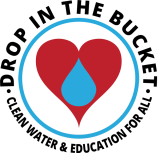What Happens When A Village in Africa Gets a Water Well?
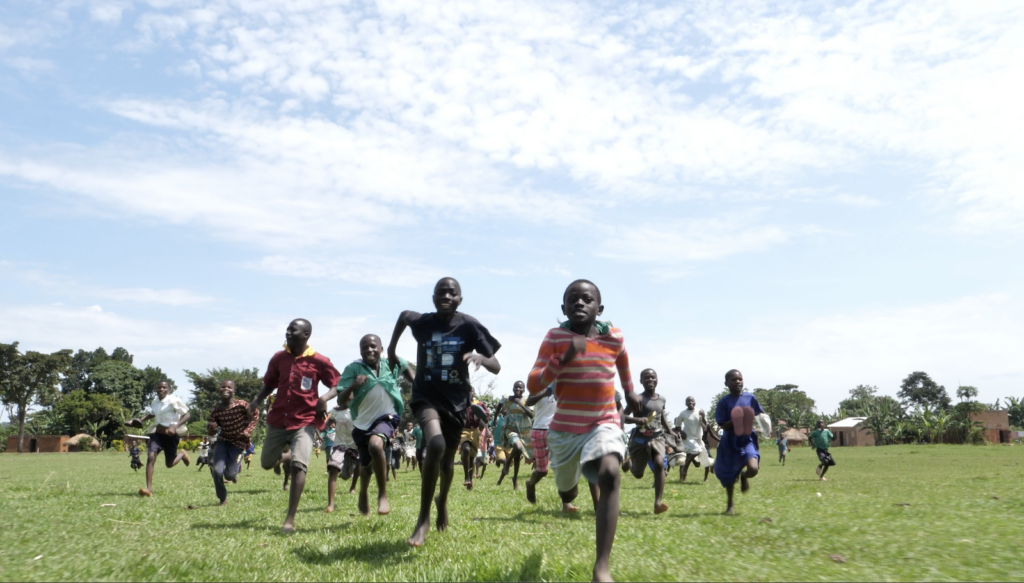
What Happens When A Village in Africa Gets a Water Well? Ever wondered what happens when a village in Africa gets a new water well? You may have read about the impact clean water makes in Africa, but what does that actually look like? We created a video to show just that. This short video […]
Our first South Sudan inter-school quiz competition
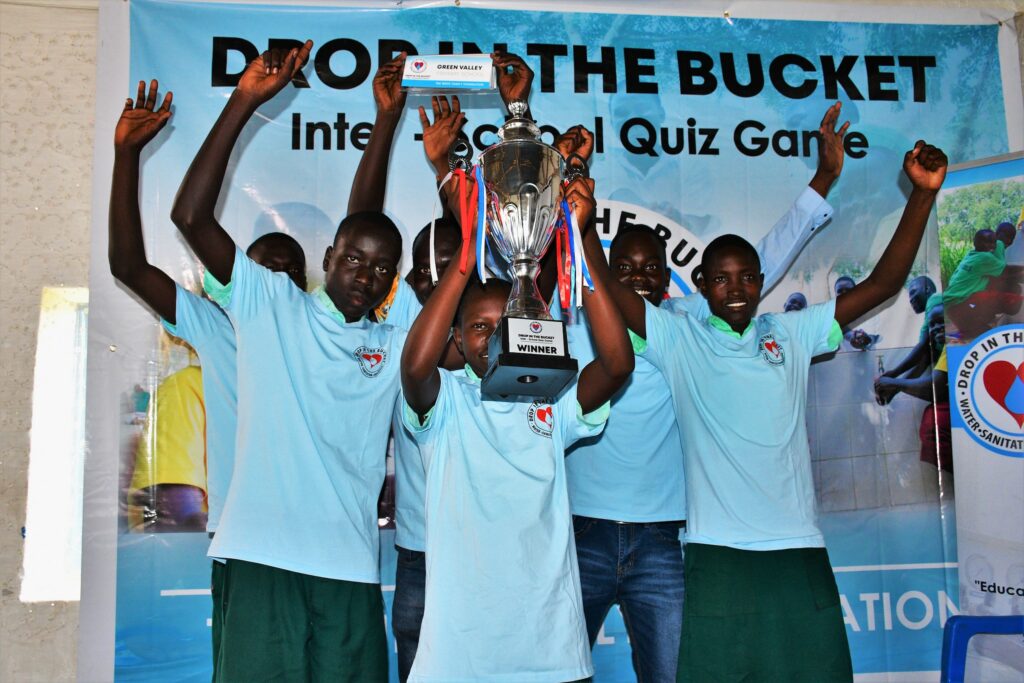
Drop in the Bucket just hosted its first ever Inter-School Quiz Competition in South Sudan. The event included 8th grade participants from five primary schools in Nimule South Sudan. The schools submitted four of their top students to compete – two boys and two girls from each. For the three weeks leading up to the […]
Naibiri Health Center II and how one nurse’s persistence paid off!
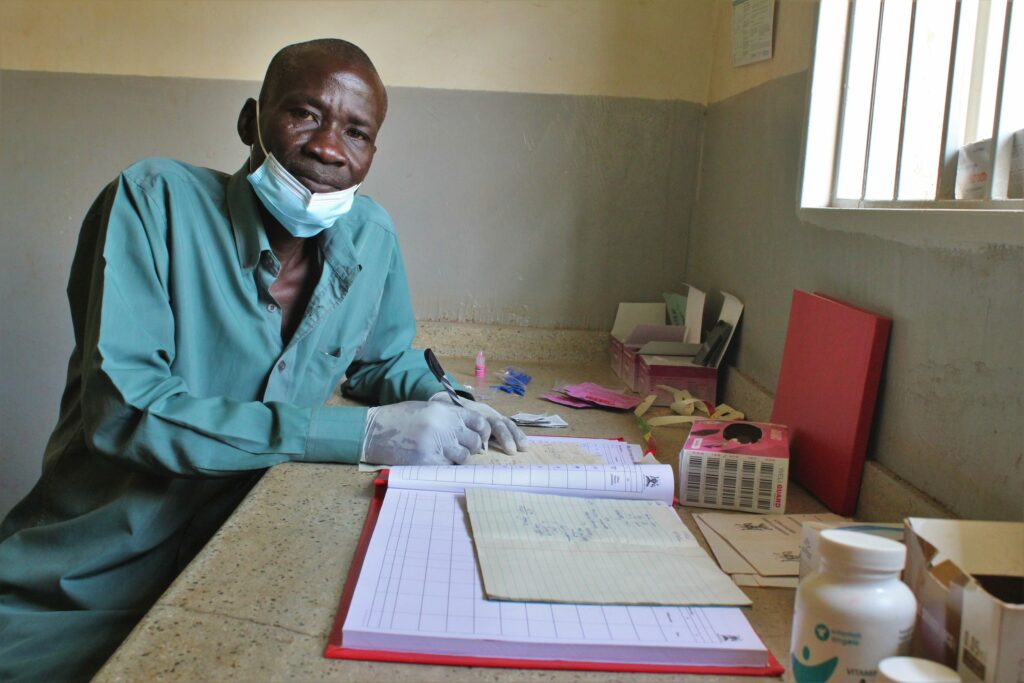
Meet Kamoyi Wilson a nurse at the Naibiri Health Center II in Uganda Even as a child Kamoyi Wilson knew what he wanted to do with his life. He wanted to help people! His dream was to one day become a doctor, so in school he focused on science classes. “Helping the sick has always […]
Laminogwiri Community School – Where the Drop in the Bucket Well Drilling Team Made New Friends for Life
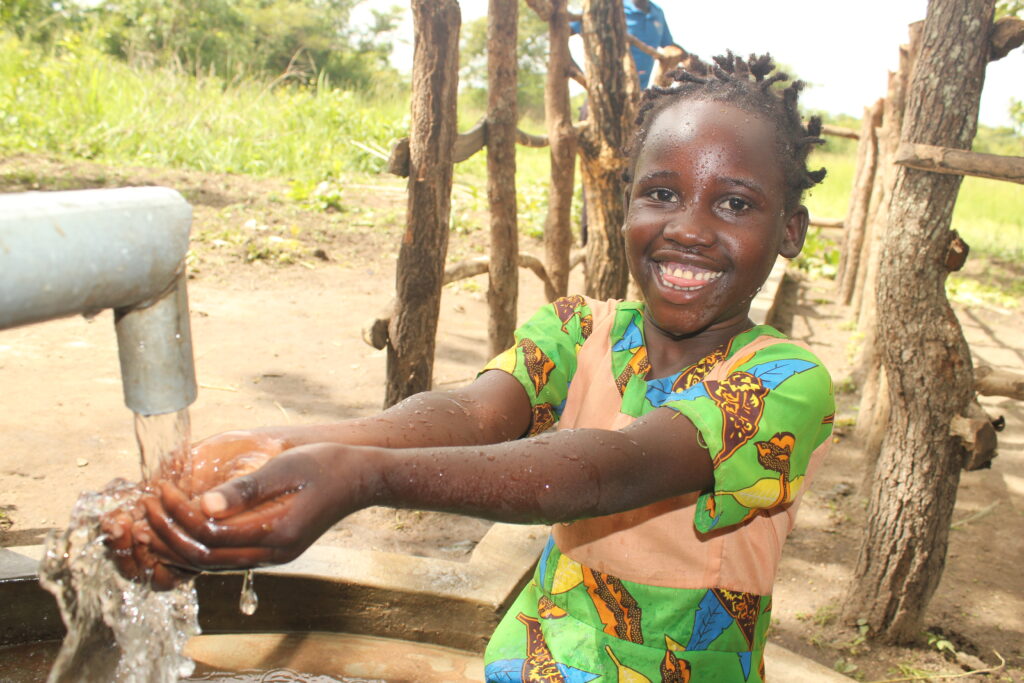
Laminogwiri – Where Drop in the Bucket well drilling Team made a new friend for life When your work involves traveling to remote villages and providing them with clean water, it is easy to make new friends. But sometimes the people the Drop in the Bucket well drilling team meet become our lifelong friends. That […]
Layik West – a man wanted to get his village water so he ran for office
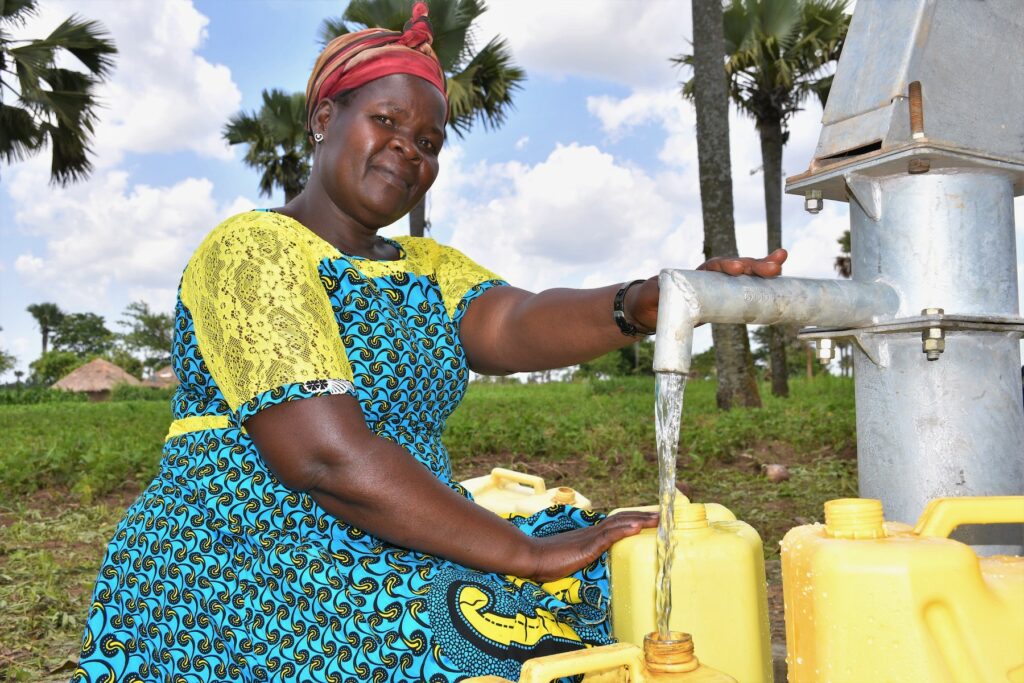
Layik West – Where the lack of clean water causes people to fight. Layik West in Uganda has many needs! The village lacks basic amenities like a school, a health center, drivable roads or any kind of police presence. But above all, the community’s biggest issue was their lack of clean water. At the time […]
Five Months of Drilling in Iganga, Uganda
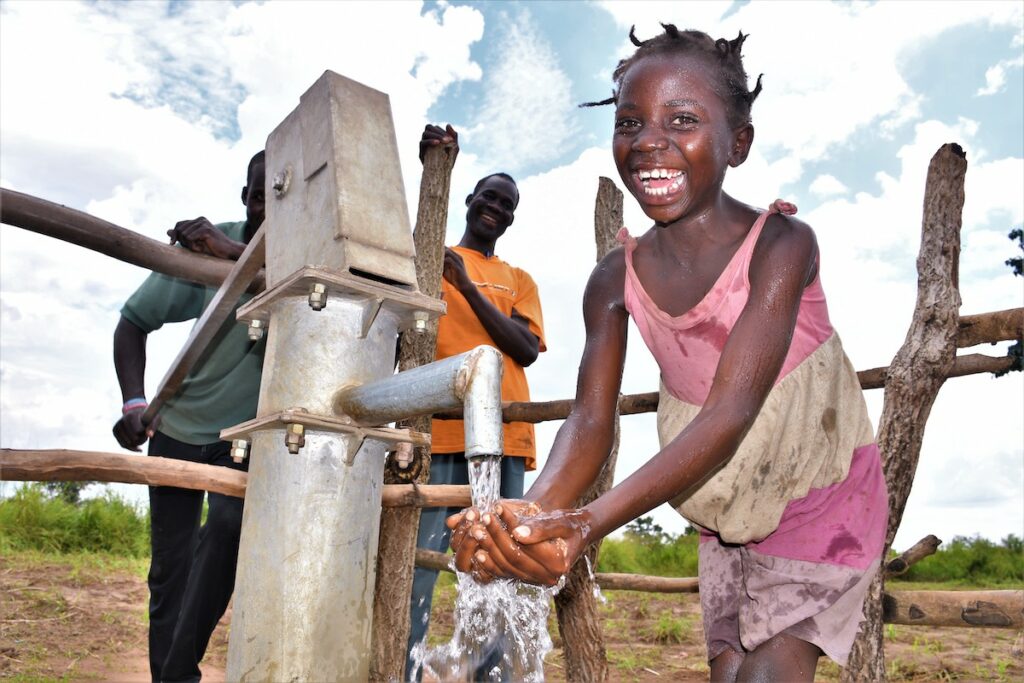
< Five Months of Drilling in Iganga, Uganda The DROP drilling team just returned from five months of drilling in Iganga, Uganda. This district is in the south-eastern part of the country. As usual, we encountered more than our fair share of challenges. Complicated underground rock formations made drilling extremely frustrating. Deluges of rain had […]
Akecha B Village – Where Clean Water Helped a Woman Regain her Dignity
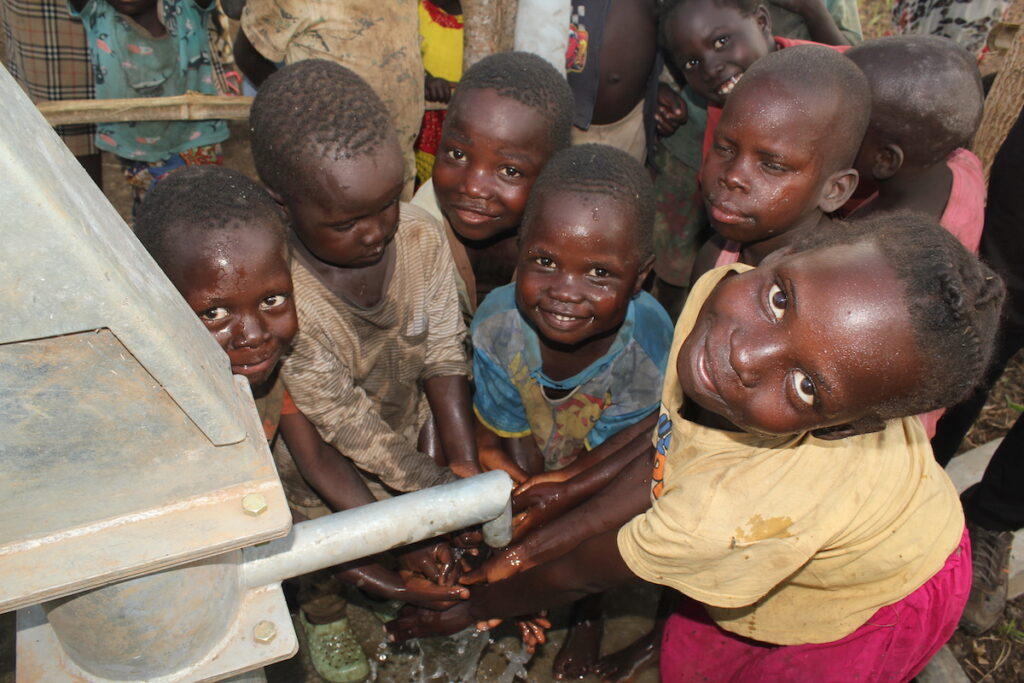
Akecha B – Where Clean Water Helped a Woman Regain Her Dignity Akecha B village was not an easy place to reach. The only road was more of a footpath than an actual road, so the village was fairly isolated. It was in this village that we met a grandmother named Balvina Akullu. Balvina is […]
Skyrocketing Food and Fuel Prices Impact the Most Vulnerable.
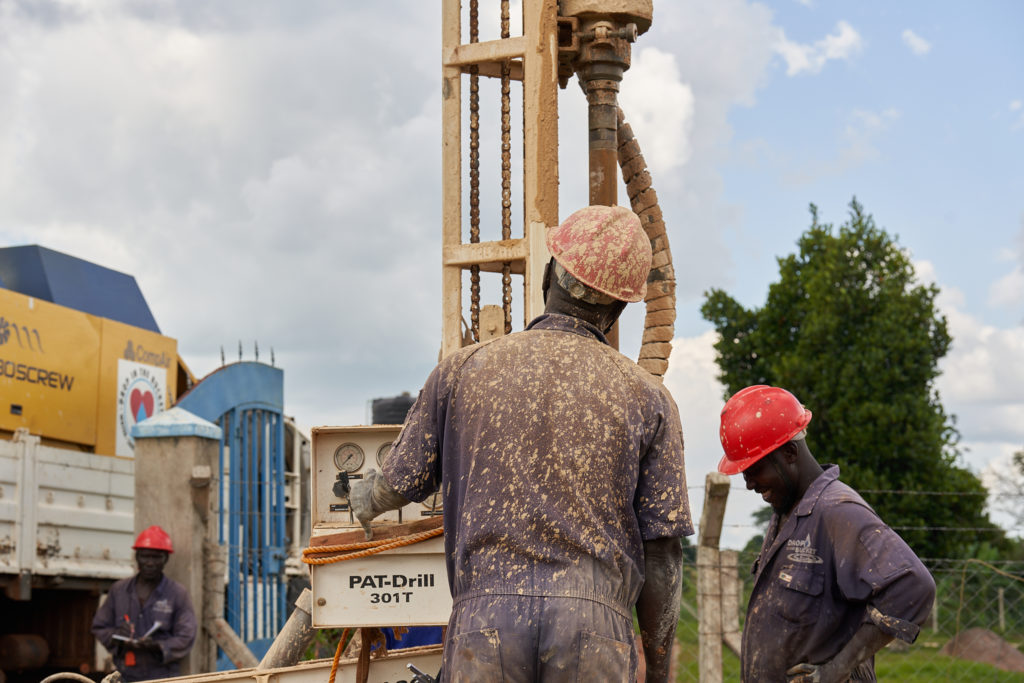
Skyrocketing Food and Fuel Prices Impact the Most Vulnerable Western news outlets are reporting daily on the direct impact of Russia’s invasion of Ukraine. There are global economic ramifications that are wreaking havoc on the vulnerable communities in Africa and are impacting our ability to do our work. News outlets throughout sub-Saharan Africa are reporting […]
Ngom Rom: And the Dream of Clean water for All!
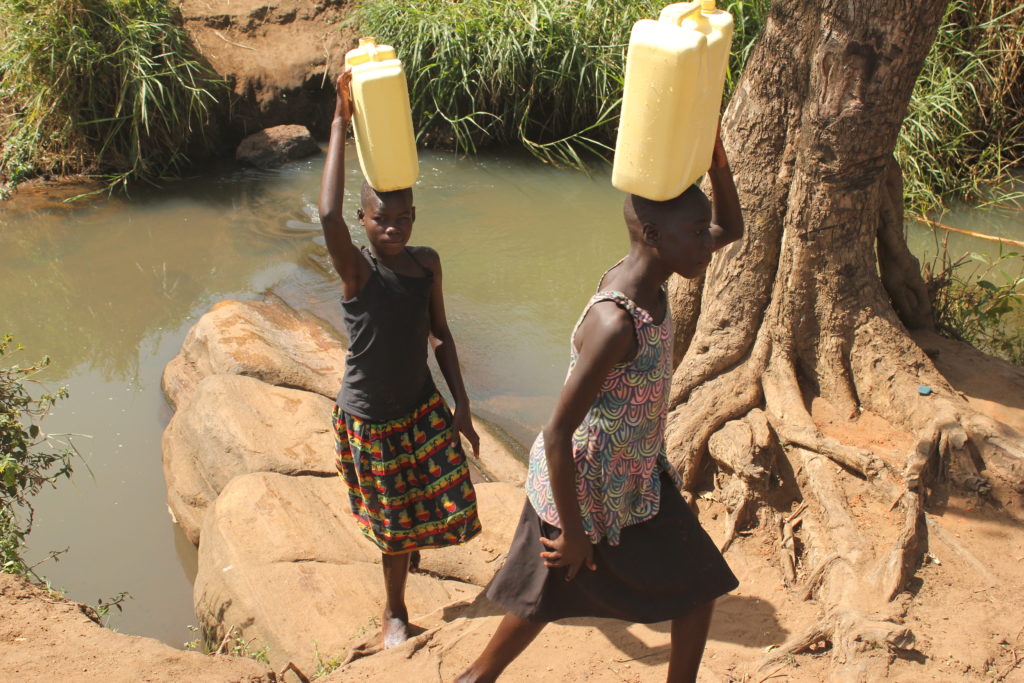
Ngom Rom – “Places are the same” Ngom Rom is a small village located about 25 kms outside Gulu city. The name Ngom Rom, when translated into English, means “Places are the same”. But one thing that separated Ngom Rom from other places was that it had no clean water. When Drop in the Bucket […]
Celebrate World Water Day with a village in Uganda
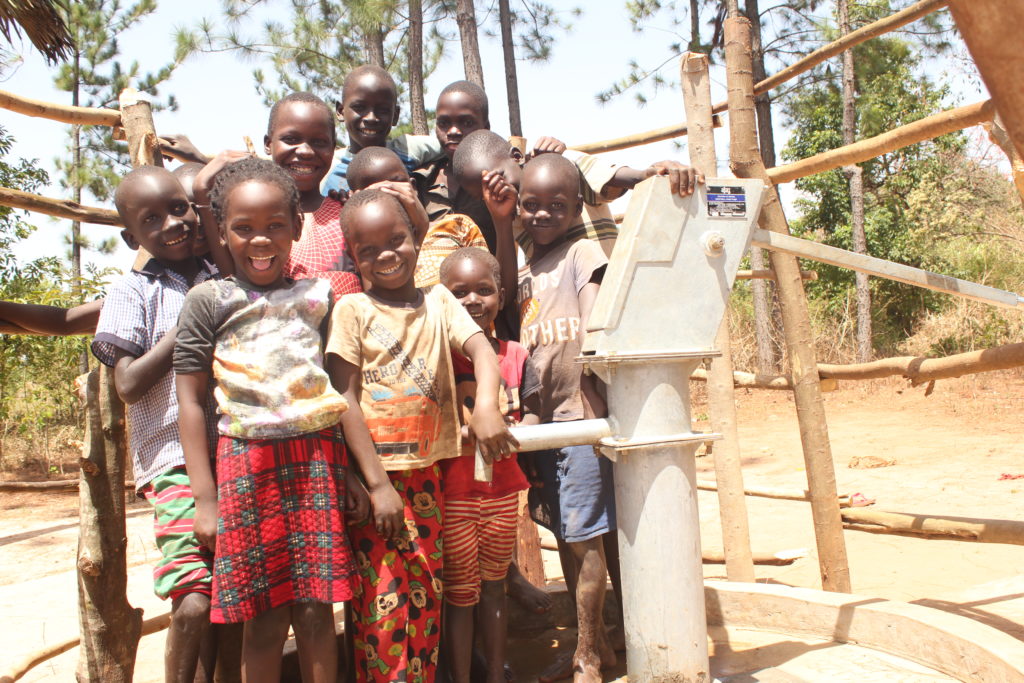
Today is World Water Day Happy World Water Day From Africa Today is World Water Day and we are in Apur Ki Opko, in Uganda. Apur Ki Opko is a village named after its lack of water. The village of Apur Ki Opoko is filled with the sounds of people playing instruments, singing and dancing, […]
